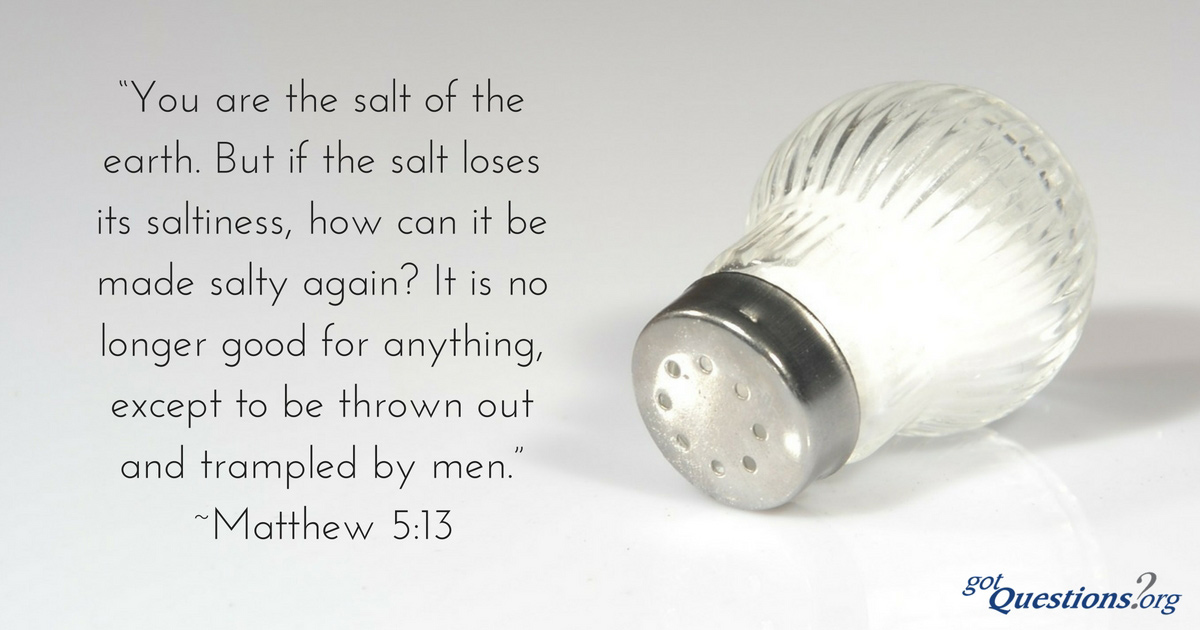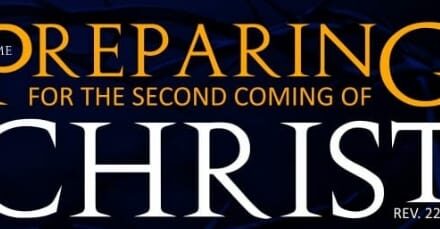The place of Christianity in our societies is increasingly changing, challenging, and declining. Charles Taylor in his book ‘A Secular Age,’ traced the phenomenon of secularisation since the Reformation and the beginning of modernity. Taylor examines some aspects of modernity which we call secular in relation to ‘a series of new departures, in which earlier form of religious life have been dissolved or destablized and new ones have been created.’ According to Taylor, ‘today’s secular world is characterised not by absence of religion – although in some societies religious belief and practice have markedly declined – but rather by the continuing multiplication of new options, religious, spiritual, and anti-religious, which individuals and groups seize on in order to make sense of their lives and give shape to their spiritual aspirations.’ The question is, are those human aspirations based on spiritual practices? Richard Rohr in one of his books, ‘Immortal Diamond: Search for one true self’ provides a clue to the continuing decline and multiplication of new religious and anti-religious options. According to Rohr, ‘since the eighteenth-century Enlightenment, there has been little emphasis on spiritual practices and pathways wherein you could know holy and true things for yourself. John Wesley, the father of what become the Methodist tradition tried with his various “methods” and practices to bring people to God, but it does not seem that as many hearts were as “strangely warmed” as his.’
The Gospel reading from Mathew chapter 5 on the Beatitudes as a missional hypothesis, a declaration to correct universal fundamental error sets out what I called the three kingdom principle namely: the need for salvation, the fruit of salvation and the result of salvation. The word missional as important truth ‘means being available to point people to Jesus for salvation and transformation.’ The missional metaphors of ‘being salt and light,’ as the result of our salvation in Jesus Christ forms the basis of the functions of Jesus’ faithful followers in a secular age. Using the words of John Wesley, the Bible is the way to understand the things of God hence, to give insight into what it means to be a faithful follower of Jesus Christ, the Bible provides some rich metaphors. To be a faithful follower of Jesus Christ is a blessing with expected responsibilities. Salt and light relate to the functions of Jesus’ faithful followers. As the salt of the earth, Jesus’ faithful followers are reminded that the world in which we live has the tendency to decay and rot morally and spiritually’ hence, the presence of Jesus’ faithful followers is to preserve what is godly and right just as salt functions as a preservative. The ‘salt’ of the earth are the humble, the ones who mourn, the meek and those who thirst after doing what is right according to God’ Word. The ‘salt’ can be painful when applied to a wound just as faithful followers of Jesus Christ can disagree with the culture of this world while showing love to everyone. This is the different between Jesus faithful followers as ‘the salt of the earth,’ and not just as the ‘honey of the earth.’
The function of Jesus’ faithful followers in a secular age cuts into human pride, sin, and could be offensive as a bad news to the power of darkness and those who resist Jesus (1 Pet 2:7-8, 1 Cor 1:18). Despite the enlightened information revolutions, the world remains ‘a place of utter spiritual and moral darkness.’ The faithful followers of Jesus Christ who are the light of the world are the merciful, the pure in heart, and the peacemaker with potential to turn atomic energy to a weapon of mass development and not for mass destruction. Missional metaphors of ‘being salt and light,’ is a ‘warning that we can cease to live in this way. We can lose our flavor, our strength. We can hide our light.’ This is the danger and it is happening in our very eyes. God is calling again the church and most especially all the faithful followers of Jesus Christ to arise as salt and light to enable people to taste and show the way to God in our families, churches, communities and nations.











Recent Comments